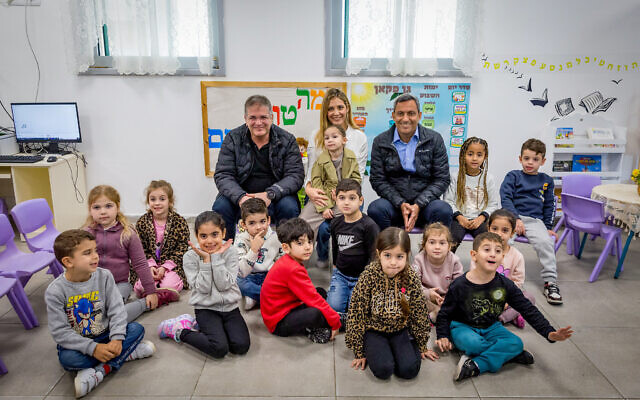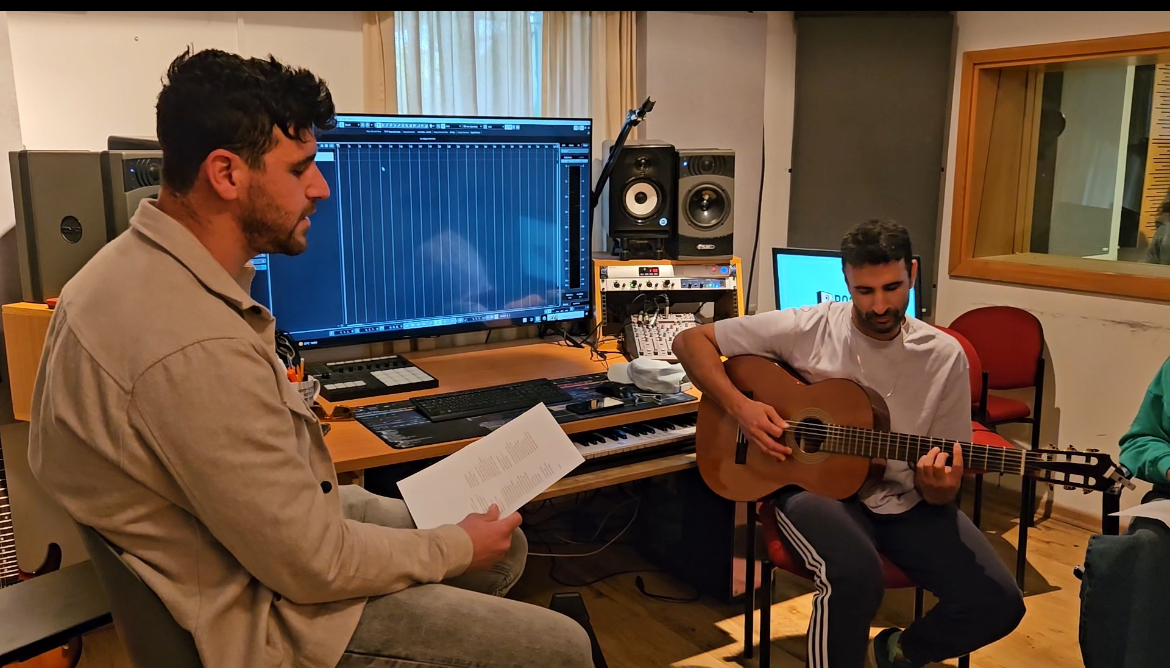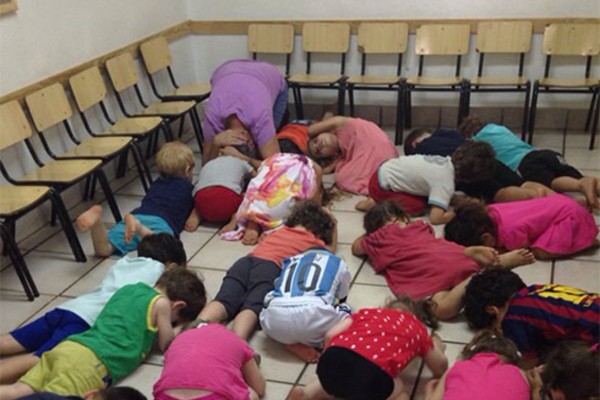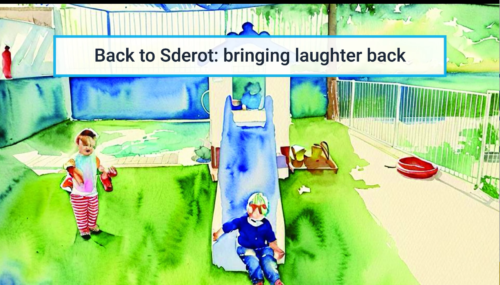JPost: War Exacerbates Gender Inequalities

Helping women return to the job market during the war – opinion
By Rivka Neuman
February 26, 2024
War disproportionately affects women, exacerbating existing gender inequalities.
Israel entered the war on October 7 with entrenched gender disparities, including lower wages for women, a shortage of women in management positions; and entire sectors, like technology, where women are significantly underrepresented.
Coupled with the economic crisis and widespread budget cuts, the war widens and reinforces gender gaps.
Among the working women affected by the war, the hardest hit are the wives of IDF reserve soldiers who face the struggle of providing for their families alone. In the realm of women’s employment – where legislation mandates the strongest protection for women – a sad parallel to the COVID-19 pandemic has emerged.
Women at critical junctures in their lives, such as fertility treatments, pregnancy, and post-birth, are most occupationally affected. Those entering maternity leave face challenges, and those returning from it struggle primarily due to the time constraints and responsibilities associated with childcare.
How to break the cycle until the end of the war?
To break this cycle until the end of the war, the focus must shift to empowering unemployed women with the crucial tools to facilitate their reentry into the job market. There are several ways to achieve this.
One significant challenge is caring for young children. Childcare outside the home is the first thing that families give up. Mothers, left without jobs, stay home with their children instead of sending them to daycare and preschool frameworks, thus lacking the support and time needed for job searches or professional development.

To escape this trap, subsidies should be provided for women who have lost their jobs due to the war, to enable them to engage in active job searches and gradual reintegration into the workforce. However, this is just one step.
Creating a movement toward professional opportunities for women is crucial. The “pink collar” crisis in health, education, and welfare can only be resolved through fair wages and incentives. Shifting funds to the early childhood education system, welfare, and healthcare will generate more attractive job opportunities, addressing the crisis in these sectors.
Operation Swords of Iron differs fundamentally from previous wars due to the nature of the October 7 attack and its impact on the human fabric of Western Negev communities.
The war creates a challenge of intersecting traumas and a critical need for emotional support, both immediate and long-term. There is concern that the current system may not meet these needs due to a shortage of psychiatrists, psychologists, social workers, caregivers, teachers, paramedical staff, and more.
For an immediate solution, a reconstruction of employment conditions is required to fill the inconceivable gap for women and professionals. Providing impetus to peripheral areas in the North and South is essential.

Similar to a military operation in which air, sea, and land forces collaborate with intelligence agencies, in the realm of women’s employment in early childhood, education, welfare, and health, there is vast knowledge and experience within civil society organizations.
The state can and should leverage these to achieve recovery during war and times of uncertainty, and in the planning of healing and rehabilitation for individuals, families, and communities in the South and North, when the war is over.
The writer is director of the Division for the Advancement of Women of WIZO.
Read and share this important article: https://www.jpost.com/opinion/article-788822.







